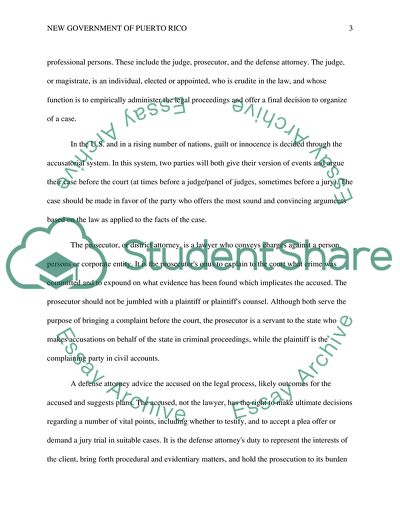Cite this document
(New Government of Puerto Rico in Setting its Judiciary System Research Paper, n.d.)
New Government of Puerto Rico in Setting its Judiciary System Research Paper. Retrieved from https://studentshare.org/politics/1762045-new-government-of-puerto-rico
New Government of Puerto Rico in Setting its Judiciary System Research Paper. Retrieved from https://studentshare.org/politics/1762045-new-government-of-puerto-rico
(New Government of Puerto Rico in Setting Its Judiciary System Research Paper)
New Government of Puerto Rico in Setting Its Judiciary System Research Paper. https://studentshare.org/politics/1762045-new-government-of-puerto-rico.
New Government of Puerto Rico in Setting Its Judiciary System Research Paper. https://studentshare.org/politics/1762045-new-government-of-puerto-rico.
“New Government of Puerto Rico in Setting Its Judiciary System Research Paper”, n.d. https://studentshare.org/politics/1762045-new-government-of-puerto-rico.


